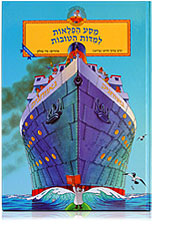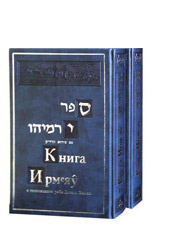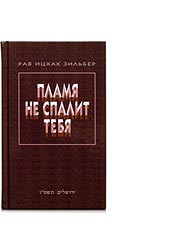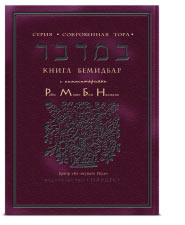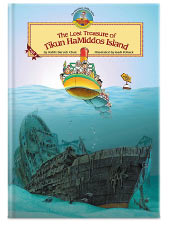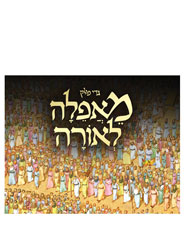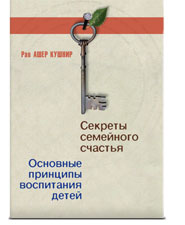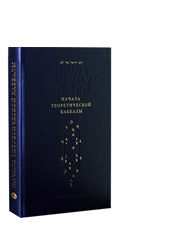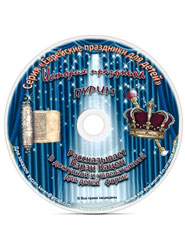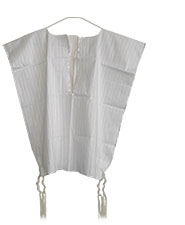
A Pravednik in our time part 1
What happened this past erev Tisha B'Av when Rabbi Yitzchak Zilber, ztz"l, left this world? As we sat on the floor and mourned the Churban Habayis, thousands of Russian Jews found themselves orphaned, bereft, and fatherless. Yitzchak Zilber was a true hero, sacrificing his very breath to release another aguna, help another Jew come closer to Yiddishkeit, to say another shiur. There was no end to his mesirus neves. It could be that those of us in
When R' Yitzchak Zilber and his son, HaRav Ben Tzion, shlita, first arrived in Jerusalem, the father took his son to Meah Shearim to show him what a really frum neighborhood looked like. There they met HaGaon R' Beinish Finkel, ztz"l rosh yeshiva of the Mir Yeshiva in Jerusalem, who asked the visitors if they had a place to stay, and upon receiving a negative answer invited them to be his guests. The guest room he showed them was filled with seforim. "Look," said the excited father, "there's light and there are seforim, but there's no K.G.B. here. Let's learn!"
That was thirty-two years ago, when the idea of a Russian ben Torah was totally unheard of. From that moment on, until his last day in the world, R' Yitzchak Zilber devoted every ounce of energy he had to revolutionizing the spiritual life of Russian Jews in Eretz Yisrael. And in this he succeeded, to the extent that after R' Yitzchak passed away last week, Rav Elyashiv, shlita, in a rare expression of praise, called him one of the lamed-vav tzaddikim of our time. It's not easy to compress an account of the life of someone who did as much as R' Yitzchak, and who lived through and saw as much as he did, into a short space. For much of the picture, perhaps the best thing is to let him tell his own story, as he did in short autobiographical notes he wrote a few years ago.
R` Yitzchak Speaks
I'm not a young person. I was born in 1917 in
Hashem first revealed Himself to Avraham by saying, "I shall establish My covenant between Me and you, and between your descendants after you as an eternal covenant." This made a powerful impression on me. I wanted to understand it and my parents explained that the Jews are the only people in the world who will never abandon their faith in one Cod.
The Torah goes on to say, "I shall give you and your descendants after you the land of your dwelling, the
"Does this mean that I'll live in Eretz Yisrael some day?" I asked, full of enthusiasm. Even though in the Communist Russia of the 1920s, such a thing seemed totally impossible, my parents said yes with burning faith.
I decided to do something about it. In my young mind, I assumed that my parents had some good reason that prevented them from going to Eretz Yisrael, but I had no reason at all to wait. I went out in the street and started asking people where the nearest branch of the Foreign Ministry was. I went there and asked to speak with the director.
"Please give me a permit to go visit my grandfather in
"Why do you want to go to
"Really!" he answered. "That's very interesting, my boy. Tell me, what school do you learn in? What are your parents' names? They should be thrown in jail for bringing you up like that!" His icy tone gave me a feeling that something dangerous was going on. I don't remember exactly how I managed to get away, and it wasn't until years later that I realized just how serious was the danger I had exposed myself and my parents to. It was a miracle that they didn't have to go to jail. I admit my mistake, but I was just a naive eight-year-old boy. I never told my parents a word about the whole affair."
Descended From Gedolim
On his father's side, R' Yitzchak's grandfather was the Rizhitzer Rebbe, R` Itzele Tzioni, a talmid chacham and tzaddik who was both loved and feared by the Jews of his town. R' Yitzchak's maternal grandfather was R' Moshe Mishel Shapiro, also a great talmid chacham and author of many seforim. His father, R' Ben Tzion, was a talmid of the Slobodka Yeshiva. His parents were married just before the outbreak of the First World War and received letters of blessing from the Chofetz Chaim and the Ohr Sameach, R` Meir Simcha of Dvinsk. His father was particularly close with the Ohr Sameach, who lived in Rizhitzer for a period of time. In the course of the war, they were forced into exile, as were all the Jews who lived in the border regions, and wound up settling in the central Russian city of Kazan, where R' Yitzchak was born a few years later. His mother's parents were put on the same train but settled in Samara, and were able to return to
At first R' Ben Tzion tried to hide the fact that he was a rav, and invested some money he had in a business run by several partners. Just as his investment was starting to bring returns, he discovered that the partners were staying open for business on Shabbos, so he refused to accept any of what he called "Shabbos money."
from "Mishpacha"




